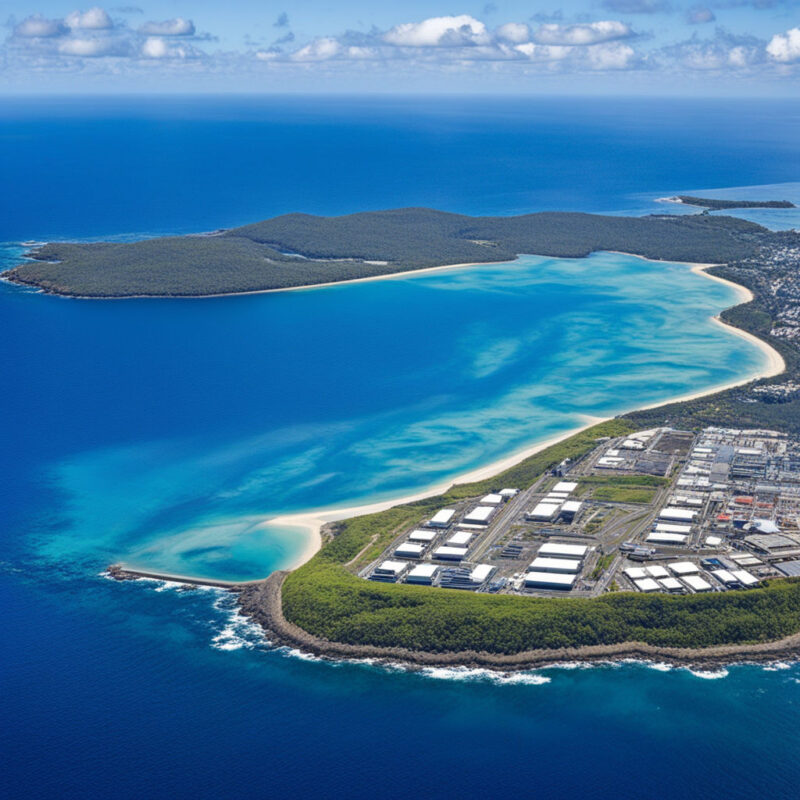Pacific Edge (ASX: $PEB) reports steady test volumes in q4 24
- Author: Stock Piper

Pacific Edge Q4 24 Test Volumes Report
Pacific Edge (ASX: $PEB) has announced that the tests processed at its laboratories in the three months to the end of March 2024 remained steady compared to the prior quarter. The company achieved this result with a smaller sales force, benefiting from improvements in sales force efficiency and a growing contribution of tests from Kaiser Permanente. The US volumes saw a 1.0% increase, while Asia Pacific volumes were down 2.7% impacted by the traditional post-Christmas slowdown in New Zealand. The company entered Q4 24 with fewer sales reps, reflecting the impact of reorganization and initiatives aimed at preserving capital. Sales force efficiency metric increased by 30.4% and tests per unique ordering clinician increased to 6.7 in Q4 24, reflecting efficiency improvements and the company's determination for sales territories to operate profitably. Test volumes for the 12 months to the end of March 2024 (FY 24) were up 3.4% to 32,633 from 31,565 in FY 23.
Executive Commentary on Q4 24 Performance
As I have reflected on our achievements of the fourth quarter and my second full financial year leading the company, I am left with a sense of gratitude for the extraordinary efforts of my team. I am also confident in our ability to address future challenges. Our navigation of the Medicare coverage uncertainty alongside our diligent work ethic in overcoming the typical challenges that fast-growing companies face, have demonstrated a resilience that justifies investor confidence in our prospects. We have been tested by a series of unpredictable events, but remain firmly focused on the actions that drive results. Certainly, a Medicare non-coverage determination would impact our volumes, but we expect it would be temporary, because we are confident that our clinical study program provides the foundations to regain coverage from any possible non-coverage determination.
Summary of Q4 24 Performance and Outlook
Pacific Edge (ASX: $PEB) reported steady test volumes in Q4 24, achieving this with a smaller sales force and efficiency gains. The company's focus on generating compelling clinical evidence for its existing urology products and commercializing those tests through defined clinical pathways has contributed to its steady performance. The upcoming Medicare coverage uncertainty remains a challenge, but the company is confident in its clinical study program to regain coverage if necessary. The first paper from the STRATA study, demonstrating Cxbladder Triage's clinical utility, will be presented at the AUA annual conference, providing strong evidence for inclusion of a Cxbladder product in the AUA Guidelines. Pacific Edge is also making progress towards commercializing Detect+ and seeking higher pricing through the 'Crosswalk' process, which could significantly strengthen the company's business economics. The company's efforts to strengthen the clinical utility case and automate testing processes demonstrate its commitment to continuous improvement and readiness to face future challenges.


